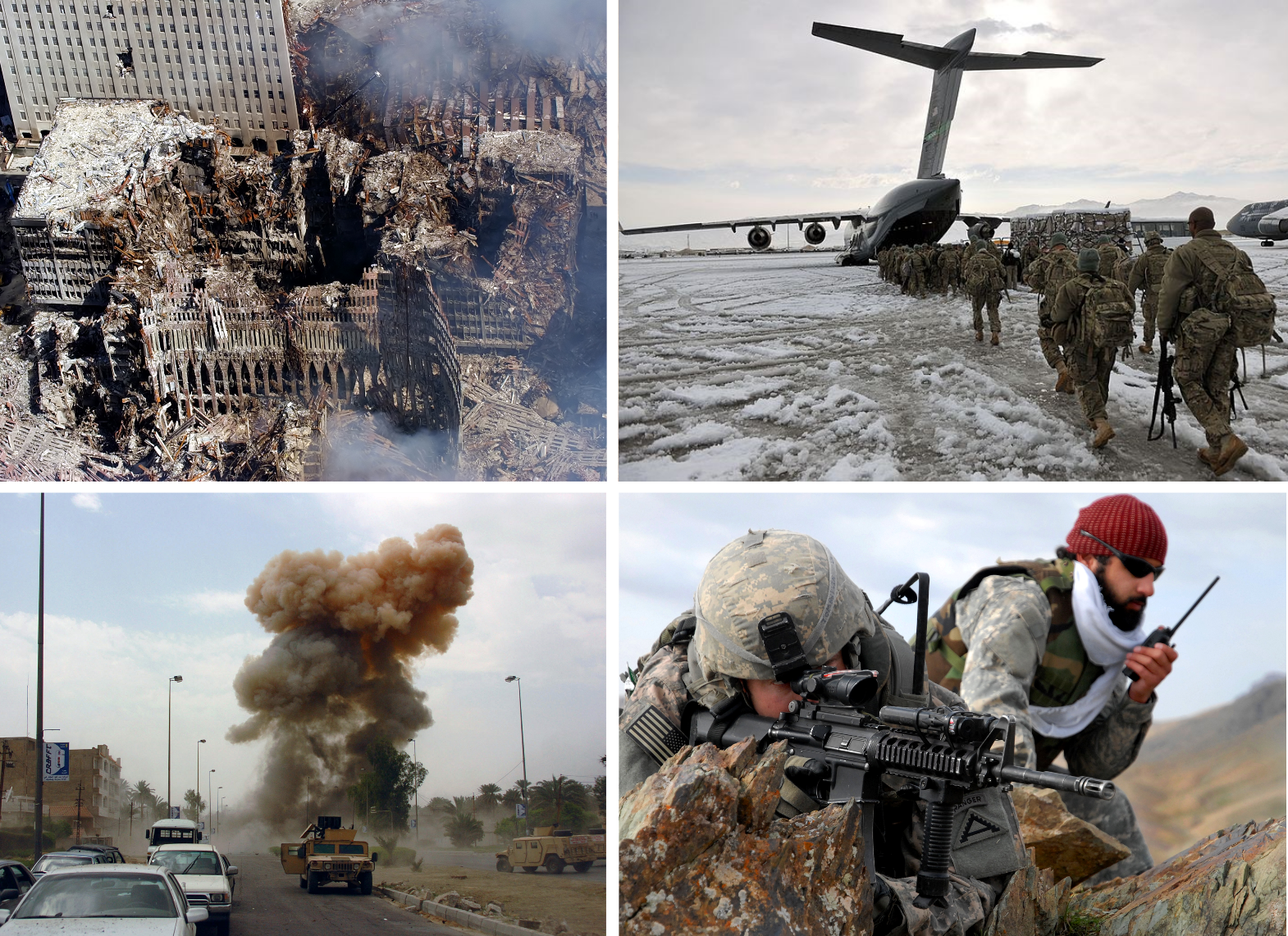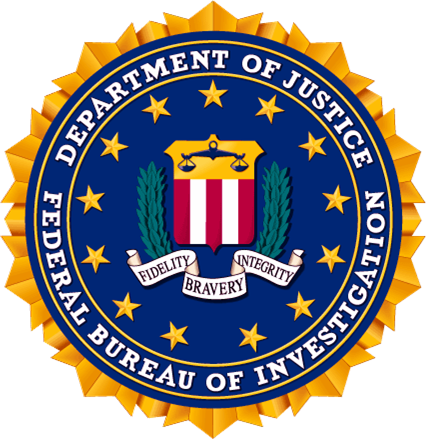 |
| Anna Hazare (c) Rajvaddhan |
As 2011 winds down and turns into 2012, my ‘mystic Mark’ crystal ball and I have been locked in deep, dark contemplation over where next for Time’s person of the year, The Protester. Next up, a move east and an Indian summer.
Many of you will be aware that the Olympics are due to take place in London next year. For India, Dow‘s sponsorship of the Olympic stadium prior to the games has been stirring up controversy and protest.
I have covered Dow’s suspect choice as London 2012 partners here, but their direct link to Union Carbide and the Bhopal disaster can not be underestimated in the current global context. Residents there continue to live with the effects of this disaster.
The tragic events in Bhopal have received international media attention and condemnation; more so recently, because of Dow’s sponsorship of the Olympics.
Dow’s international presence, and 'reputation', means that influential pressure groups are able to lobby governments and organisations in India and the UK, with greater effect. As such, the globalisation of Bhopal makes it a worthy focal point for the Indian public to register their discontent over a range of social malpractices regardless of caste or religion.
Ranjona Banerji lays the blame for the current protests against Dow at the feet of the politicians. Rather than evaluate her lacklustre criticism of Dow, she queries the whereabouts of monies received by government officials as compensation for families affected by Bhopal.
She also refers to the Lokpal bill. Authored by social activist Anna Hazare, this bill seeks to establish an independent authority with the powers to investigate politicians and government officials accused of corruption. Politicians are dragging their heels reaching a consensus on the bill, despite recent notable corruption scandals.
 |
| Lokpal bill protest (c) Pranav 21391 |
Given India’s borders with the People Republic of China (PRC) and Pakistan, and the disputed regions around southern Kashmir, any protests may spark further regional uncertainty. This is especially important in light of the PRC government’s issues with the Uighur community in Xinjiang province, and reports of their deployment of troops to quell rebellions in Pakistan-controlled Kashmir.
So there we have it. A global protest movement, local social grievances and forthcoming elections, all filtered through a focus on the Olympics, with a charismatic campaigner ready to put his life at risk for his nation’s people.
An Arab spring will bloom into an Indian summer. Maybe.










